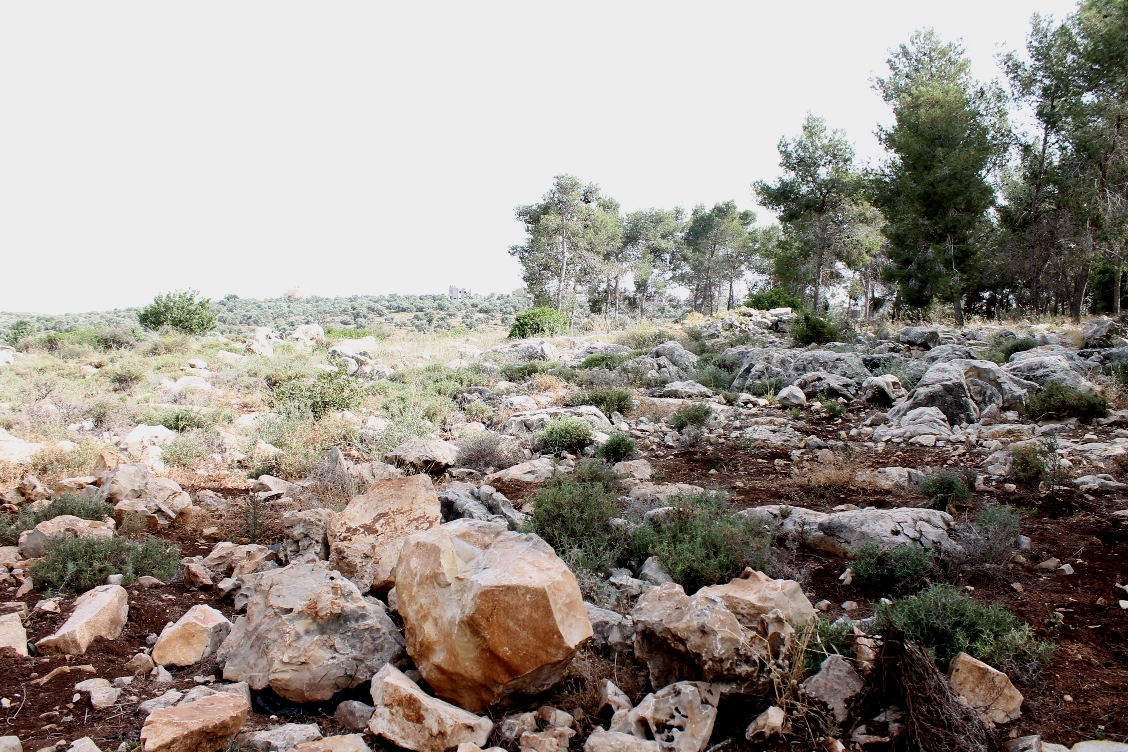Tag: Demolition order
-
Almost three out of four houses in Izbat at Tabib are at risk of demolition
8th May 2014 | International Solidarity Movement, Nablus Team | Izbat at Tabib, Occupied Palestine Izbat at Tabib, a small town of approximately 300 people located in the northwest of the West Bank, has 33 houses with demolition orders pending. The town totals 45 houses, this means that the demolition orders could destroy over 73% the town.…
-
Israeli forces destroy a camp where farmers live and work
11th April 2014 | International Solidarity Movement, Nablus Team | Jawana, Occupied Palestine Yesterday morning at approximately 7am, the Israeli army destroyed five tents donated by the Red Crescent to a group of farmers in the area of Jawana, between the village of Beit Furik and the ruins of Tana. Five military jeeps and two civil administration vehicles…
-
Young family threatened by house demolition
8th April 2014 | International Solidarity Movement, Khalil Team | Idhna, Occupied Palestine After just three weeks in their new home, the Slemiah family from the village of Idhna have received a demolition order from the Israeli army. The newly built house is on land which has been owned by the family for centuries, and the…



